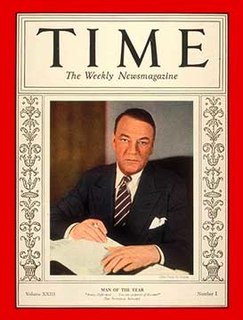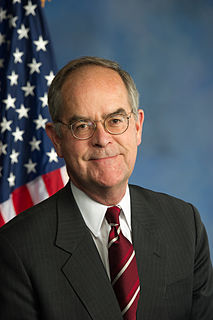A Quote by Ben Bernanke
The Federal Reserve Act requires the Federal Reserve to report annually on its operations and to publish its balance sheet weekly.
Related Quotes
To minimize market uncertainty and achieve the maximum effect of its policies, the Federal Reserve is committed to providing the public as much information as possible about the uses of its balance sheet, plans regarding future uses of its balance sheet, and the criteria on which the relevant decisions are based.
Transparency concerning the Federal Reserve's conduct of monetary policy is desirable because better public understanding enhances the effectiveness of policy. More important, however, is that transparent communications reflect the Federal Reserve's commitment to accountability within our democratic system of government.
It may seem strange, but Congress has never developed a set of goals for guiding Federal Reserve policy. In founding the System, Congress spoke about the country's need for "an elastic currency." Since then, Congress has passed the Full Employment Act, declaring its general intention to promote "maximum employment, production, and purchasing power." But it has never directly counseled the Federal Reserve.
If the Federal Reserve pursues a policy which Congress or the President believes not to be in the public interest, there is nothing Congress can do to reverse the policy. Nor is there anything the people can do. Such bastions of unaccountable power are undemocratic. The Federal Reserve System must be reformed, so that it is answerable to the elected representatives of the people.






























